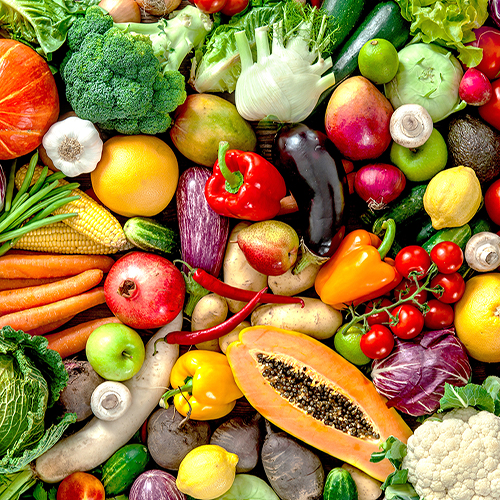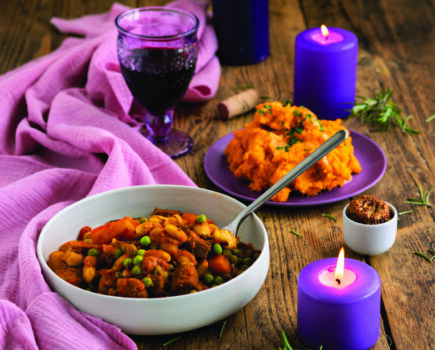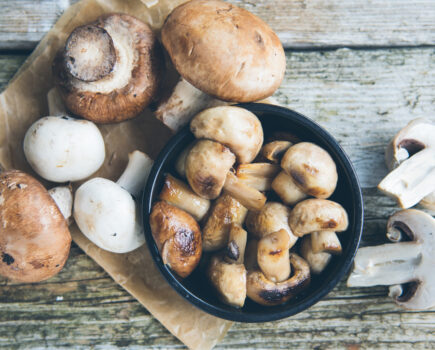The Mediterranean diet has long been hailed as the best in the world. So what does it take to go Greek?
When it comes to boosting your health, experts agree that one of the best ways to improve your wellbeing is to go Greek and follow a Mediterranean diet. Several in-depth studies have linked unprocessed, plant-rich diets with lowering rates of chronic illness like heart disease, diabetes and Alzheimer’s disease. Researchers have also found that people who follow a Mediterranean diet are more likely to live longer as well.

What makes this diet so healthy?
By including a balance of whole foods and being low in sugar, the Mediterranean diet also helps regulate blood sugar, enabling the body to burn fat more efficiently and provide more energy too.
Making a few small switches to your everyday eating can make a big difference to your overall wellbeing.
Load up on fresh fruits and vegetables

Vegetables should be a big part of every meal and prepared in a healthy way. Served raw in a salad or roasted with olive oil. Aim for leafy greens like spinach and kale and non-starchy veggies including aubergine, courgette, artichoke and tomatoes. Think soups and crudités. Also include plenty of fresh fruits, including strawberries, figs, grapes or apples for dessert or a healthy snack.
Switch to olive oil

An important source of monounsaturated fat, olive oil can help reduce cholesterol and protect cells from free radical damage. We recommend using extra virgin olive oil, as it is extracted without the use of chemicals. Substitute olive oil for butter, lightly drizzling over vegetables and salads, adding to wholegrain pasta and mixing with balsamic vinegar as a dipping oil with wholemeal bread.
Eat fish twice a week

A typical Mediterranean diet includes plenty of fish which is high in protein and low in saturated fat. Include crustaceans such as shrimps, crab and lobster — an excellent source of protein, selenium, vitamins B12 and D and molluscs such as mussels, clams and scallops — rich in iron and selenium.
Oily fish like mackerel, anchovies and salmon are an excellent source of Omega-3 which helps protect the heart.
Limit red meat

Aim to only eat red meat a few times month — switch to fish or poultry instead. Avoid high-fat, processed meats such as sausages and bacon.
Choose wholegrains

Unrefined wholegrains, including wholewheat pasta, wholemeal breads, couscous and bulgur wheat, are digested slowly and help keep energy levels stable as you feel fuller for longer. They are also a great source of natural fibre to help lower cholesterol and support a healthy bowel. The secret is not to pile up your entire plate with pasta — just add a small helping alongside a portion of fish or grilled meat with plenty of vegetables or salad.
Pick pulses for protein

Pulses, such as chickpeas, are an important source of protein, provide slow release energy and a valuable source of fibre. They also contain essential minerals including folic acid, calcium, zinc and magnesium. Hummus, a dip made with pureed chickpeas, lemon juice, garlic, tahini (sesame seed paste) and olive oil is a popular Mediterranean dish and served with raw vegetables, provides a highly nutritious snack.








